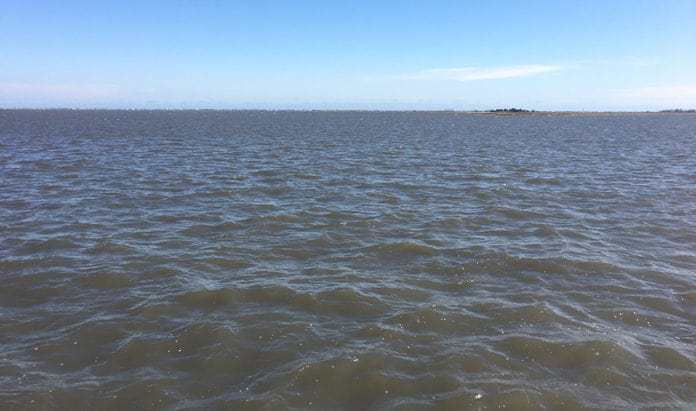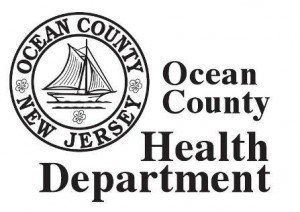
OCEAN COUNTY – Spring’s many rainy days have been great for lawns and gardens, but many homeowners will take an extra step in search of that elusive deep green lawn free from weeds and insects.
However, the improper use of fertilizer and pesticides can threaten nearby waterways and the Barnegat Bay, warned Freeholder Director Joseph H. Vicari.
“I caution everyone to please carefully read the instructions before applying any chemicals or fertilizers to lawns and gardens,” Vicari said. “The overuse of fertilizers is one of the leading causes of high nitrogen levels in the bay.”
If too much fertilizer is applied, the excess can wash off in the rain and flow into storm drains that empty into nearby streams, rivers and the bay.
“The State of New Jersey has some of the toughest laws in the nation regarding the levels of nitrogen in store-bought fertilizer,” Vicari said. “Even so, if these products are applied incorrectly they can pose a serious threat to our waters.”
All fertilizer products for turf sold in the state must contain at least 20 percent slow-release nitrogen, and zero phosphorus – unless a soil test demonstrates a need for more.
Vicari said consumers can check the first and second number on the package for nitrogen and phosphate content. For example, a Formula of 26-0-3 means no phosphate.
Vicari also warned about the dangers of pesticides commonly available at local home and garden stores.
“Read the directions before you apply any pesticide. Used incorrectly, these toxic chemicals can not only threaten the environment, but can pose a health hazard to children and pets,” he said.
It is equally important to store fertilizers and pesticides properly when not in use.
“Store these chemicals on a high shelf away from children and animals.” Vicari said.
In the wake of Superstorm Sandy, officials learned another good reason to keep chemicals on high shelves.
 “We had many damaged homes, garages and sheds where the flood waters washed all kinds of household chemicals into the bay,” said Freeholder Deputy Director Gerry P. Little. “In many cases, if these materials had been placed higher off the floor there would not have been a problem.”
“We had many damaged homes, garages and sheds where the flood waters washed all kinds of household chemicals into the bay,” said Freeholder Deputy Director Gerry P. Little. “In many cases, if these materials had been placed higher off the floor there would not have been a problem.”
Little, who is liaison to both the Ocean County Health Department, said a little caution can go a long way.
“If you have pesticides and other household chemicals in your home, be sure to keep the number for the New Jersey Poison Information System close by. The poison emergency number is 1-800-222-1222.”
Residents with old or excess pesticides on hand can also safety dispose of them through the county’s Household Hazardous Waste Program.
More information is available on the county’s website co.ocean.nj.us under the Department of Solid Waste.






